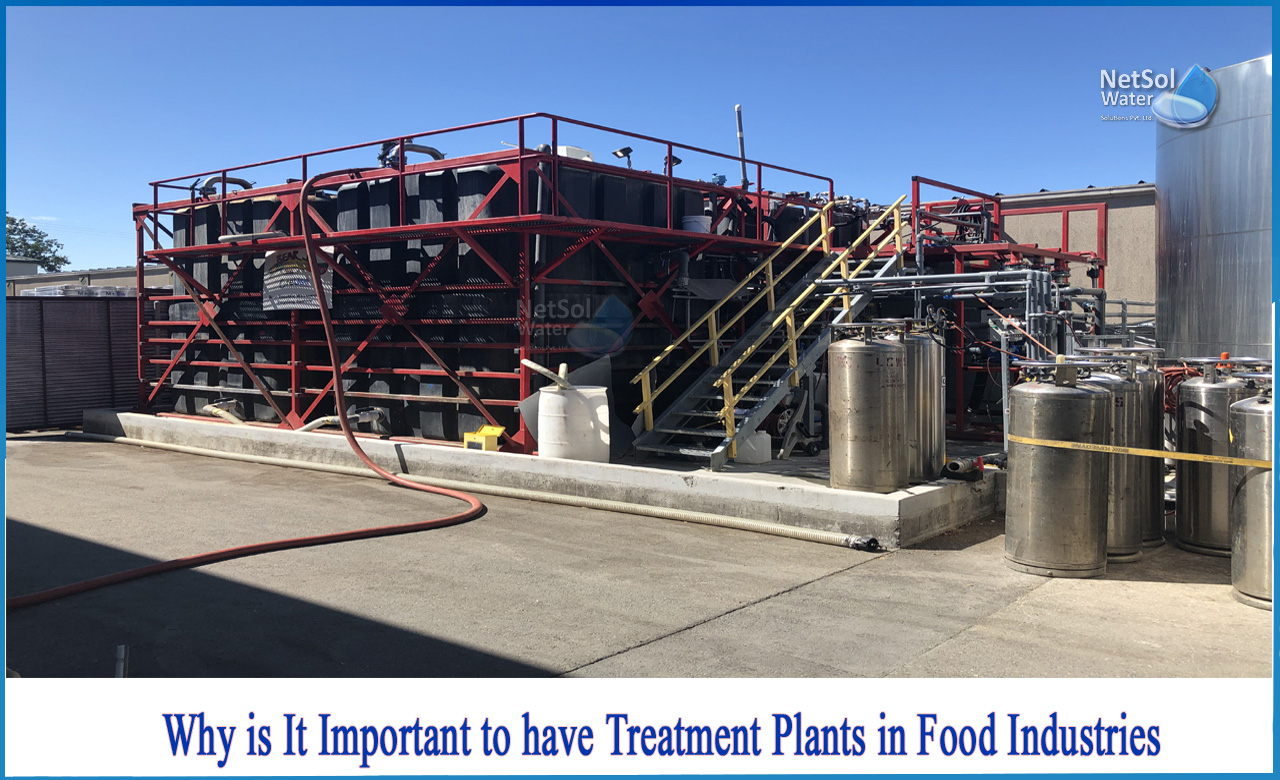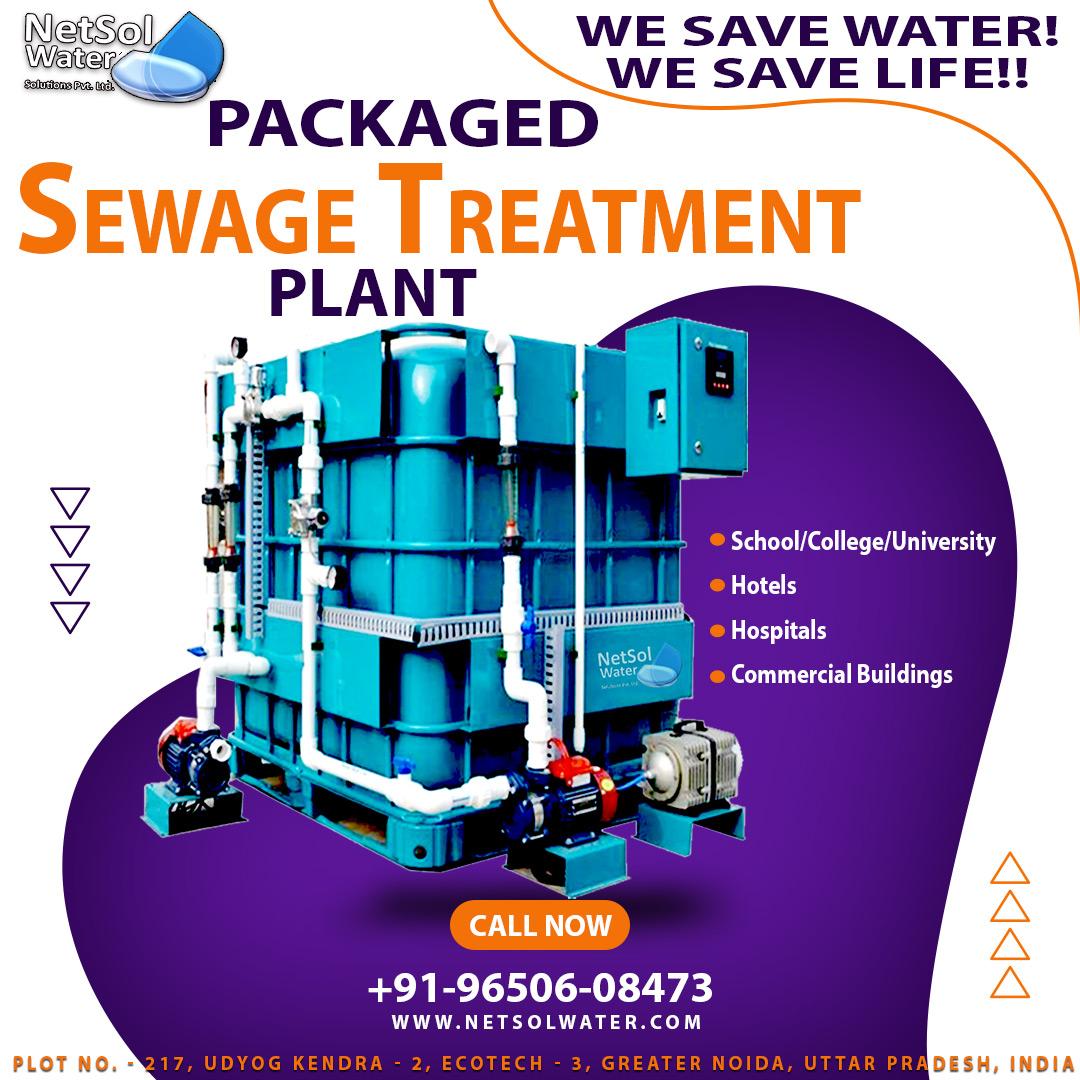Introduction
Wastewater from food production and agricultural operations is a significant cause of pollution in the environment. Food processing wastewater can contain substantial amounts of organic carbon, nitrogenous organics, inorganics, nutrients, suspended and dissolved particles, and has high biochemical and chemical oxygen needs, making it one of the most challenging and expensive wastes to manage. When directly released, it must be processed to levels that do not harm receiving waters caused by excessive nutrients or oxygen demand, or that do not disrupt publicly owned treatment plants when discharged to sewers.
Why is it important to have treatment plants in food industries?
Food and agricultural wastes exist in a range of shapes and sizes, each with its own set of issues. Industry examples include meat and poultry products, dairy products, canned and preserved fruits and vegetables, grain products, sugar and related confectionaries, fats and oils, and drinks and brewing.
Many wastes have BOD and COD values in the thousands of milligrams per litre, while others, such as cheesemaking, winemaking, and olive milling, and have COD values in the tens of thousands. As a result, each waste type will have its own set of problems, and in addition to concerns about technological performance, seasonality of production complicates treatment options and operations in a range of industries.
Specialized electrocoagulation (EC), an electrochemical technique commonly employed in primary treatment to eliminate a variety of wastewater components, is one such treatment technology.
For food and beverage enterprises all over the world, this system solution is usually employed as part of an integrated food wastewater treatment system. Electrocoagulation has a number of advantages, however the four basic points described above cover the majority of them. EC has a reduced lifecycle cost, is simple to run, and is an environmentally friendly treatment system with a lot of potential in the food industry for food wastewater treatment.
Benefits of STP in food industry
1-Reduced Raw Water Consumption:The most effective approaches to reduce the usage of fresh water resources are to use less water in the first place or to reuse treated wash water or wastewater. Some treatment procedures can be costly when it comes to reuse, however this isn't an issue with EC. Electrocoagulation units offer the lowest lifecycle cost and do not necessitate the use of expensive chemicals or equipment. They are extremely efficient if properly optimised. An adequate polishing purification and disinfection system, followed by an EC process, can offer sufficiently clean water to employ as a process ingredient.
2-Reduced Disposal Costs:These disposal expenses can be considerably lowered by using a system for food wastewater treatment. When an Electrocoagulation system is used on-site as part of a treatment process, pollutants can be minimized to the point where a company may not have to pay any regulatory fines for discharge to a sanitary sewer. By employing EC to reduce the amount of dewatered solid waste left over from this treatment, transportation and safe disposal expenses can be greatly lowered.
3-Ease of operation:Some water purification systems are difficult to operate and maintain, requiring multiple highly qualified operators. On the other hand, an EC system is straightforward to use. The voltage given to the electrodes and the pH of the solution are the only typical modifications that would be required. Automation performs the work in some electrocoagulation systems. The electrodes are mostly cleaned by washing/rinsing them in an acid solution to avoid corrosion. Essentially, a good EC system simply requires a small number of people to monitor it and change the sacrificial electrodes when they corrode beyond their economic value.
4-Eco- friendly:Since they can be utilised to reduce environmental water contamination, most wastewater treatment technologies can be considered ecologically friendly. However, some methods necessitate the use of hazardous chemicals or significant quantities of chemicals that result in a large amount of solid waste after treatment.
Netsol Water are manufacturers of STP’s and ETP’s of various sizes and capacities and even provide after services for the ease of customers.




